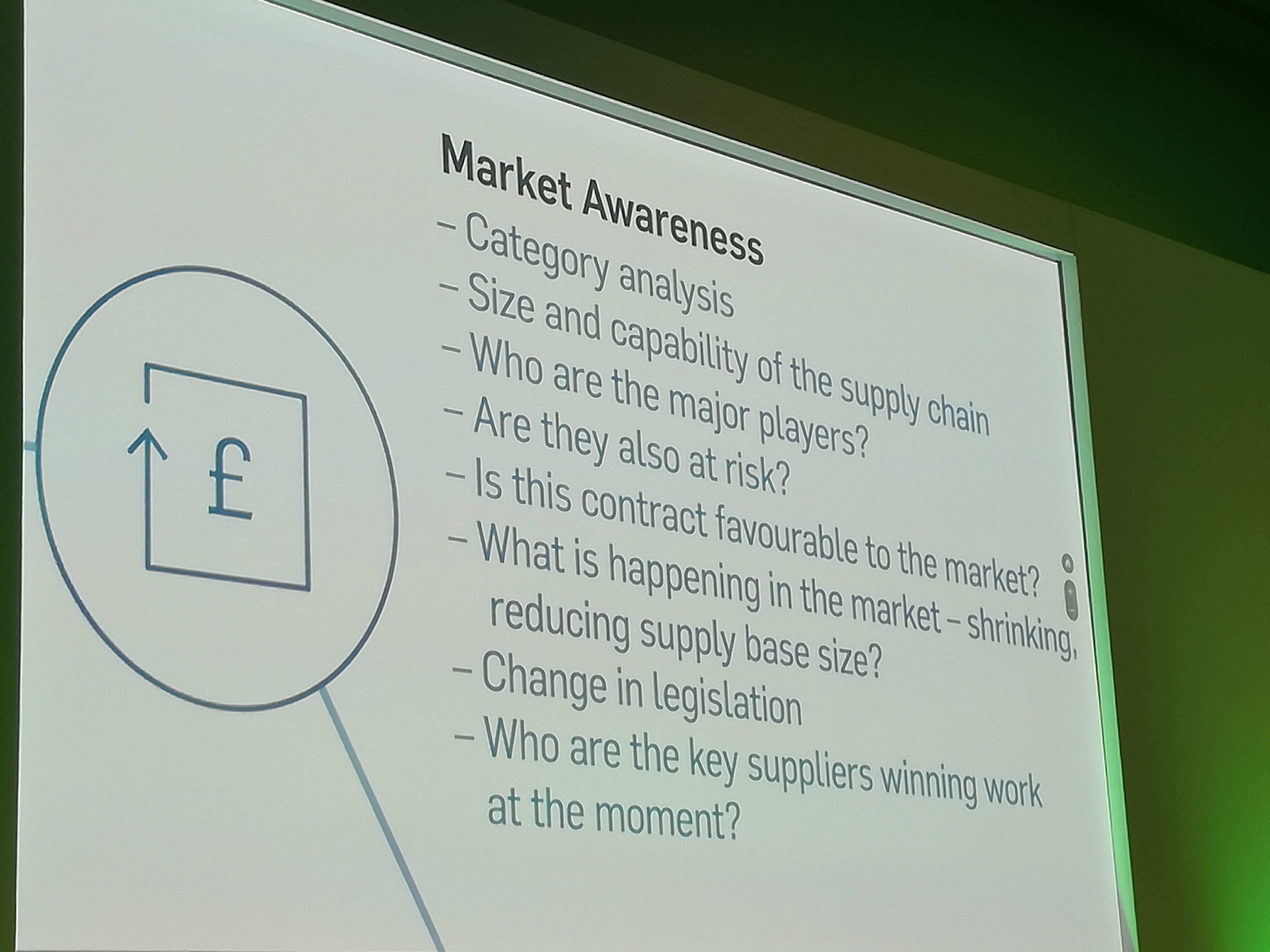The collapse of construction giant, Carillion, earlier this year, has led to calls for improved communication within the healthcare construction sector.
At last week’s IHEEM Annual Conference in Manchester, experts claimed the future success of public/private infrastructure development rests on a better understanding of what is needed and a more-open relationship between client and delivery partner.
Peter Masonbrook of project management consultancy, Faithful+Gould, told delegates: “We have heard all the excuses for PFI failures, but in the majority of cases it has been down to poor communication. Communication is key.”
Carillion went bust in January, impacting directly on 13 NHS trusts, 14 hospital projects, and two major new hospital developments.
If we do the right thing moving forward, we should review the market and see where the best opportunities are. Don’t just look at what is cheapest; look at analysing and asking all the right questions
“It will take years for us to really undesrstand the overall impact of the collapse,” said Masonbrook.
The Carillion liquidation was one of a series of recent supply chain failures that also included a shortage of chickens at KFC; delivery issues over Christmas at Iceland food store; and a lack of CO2 which impacted on beer and meat stocks.
“Everyone suffers when a company goes into administration,” said Masonbrook.
“The biggest cost is to the employees, but there is a big impact too on SMEs, clients, and contracting authorities.
“Hospitals have very-complex supply chains. It’s about bringing the right goods and services to the right patients, at the right time, and for the right price.
“Over the past few years greater demands have been made on that supply chain and these are impacted by things like weather, price fluctuation, the Slavery Act, cyber attacks, etc. All affect how we manage the supply chain.
“And the biggest risk is communication breakdown.
“Carillion had problems, but we were still awarding them contracts.
“Even though there were reasons for disqualification, NHS trusts did not think they reason to not award them.
“If we do the right thing moving forward, we should review the market and see where the best opportunities are.
“Don’t just look at what is cheapest; look at analysing and asking all the right questions.
“We are all very busy people, but it’s vital to ask the right questions.”
And he warned trusts to ensure they know the terms of their contracts and have in place clear contingency plans which are regularly reviewed.
“Make sure you know what you are all liable for,” he said.
“Get it in place at the beginning so, if things go wrong, you have a back-up plan.
“It doesn’t matter how many contracts you have, or what’s in them; if you do not manage them you will never know what the problems are.
“You must have good KPIs and management and you need to meet regularly and talk.

Being aware of the market and reviewing KPIs and contingency plans is vital to the success of PFI projects
“If the supply chain has an enemy; it’s bad communication.”
He concluded: “I do not think we have learned from Carillion.
It doesn’t matter how many contracts you have, or what’s in them; if you do not manage them you will never know what the problems are
“We have a budget to manage and that’s driven by cost, but that’s not always best.
“But, until there’s a change in approach; that is how it is going to be.”
Conference session chairman, Kevin Oxley, director of estates and facilities at South Tees Hospitals NHS Foundation Trust, added: “How often do we review our business contingency plans?
“After WannaCry, Grenfell, and Carillion, there’s an expectation that we must more robustly test these and that would be my takeaway message to everyone here today.”
